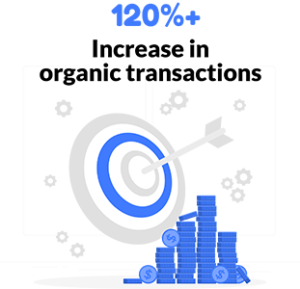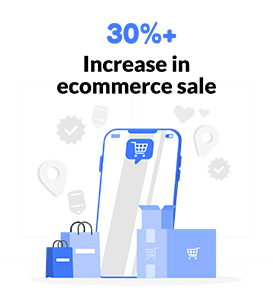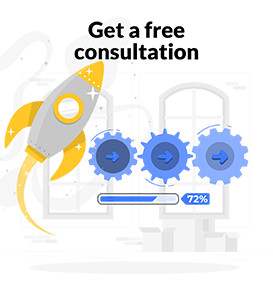
Driven revenue for our clients
- Lead generation
-
-
Organic Search
-
Digital Marketing
-
Social Media
-
-
-
- Ecommerce
-
-
Commerce Platforms
-
Digital Marketing
-
Search Engine Marketing
-
-
-
- User interaction
-
-
Website
-
Content
-
Design
-
-
-
- Zounax
-
-
About Zounax
-
Let’s Start
-
Library
-
-
-
- Get Started
- Lead generation
-
-
Organic Search
-
Digital Marketing
-
Social Media
-
-
-
- Ecommerce
-
-
Commerce Platforms
-
Digital Marketing
-
Search Engine Marketing
-
-
-
- User interaction
-
-
Website
-
Content
-
Design
-
-
-
- Zounax
-
-
About Zounax
-
Let’s Start
-
Library
-
-
-
- Get Started





